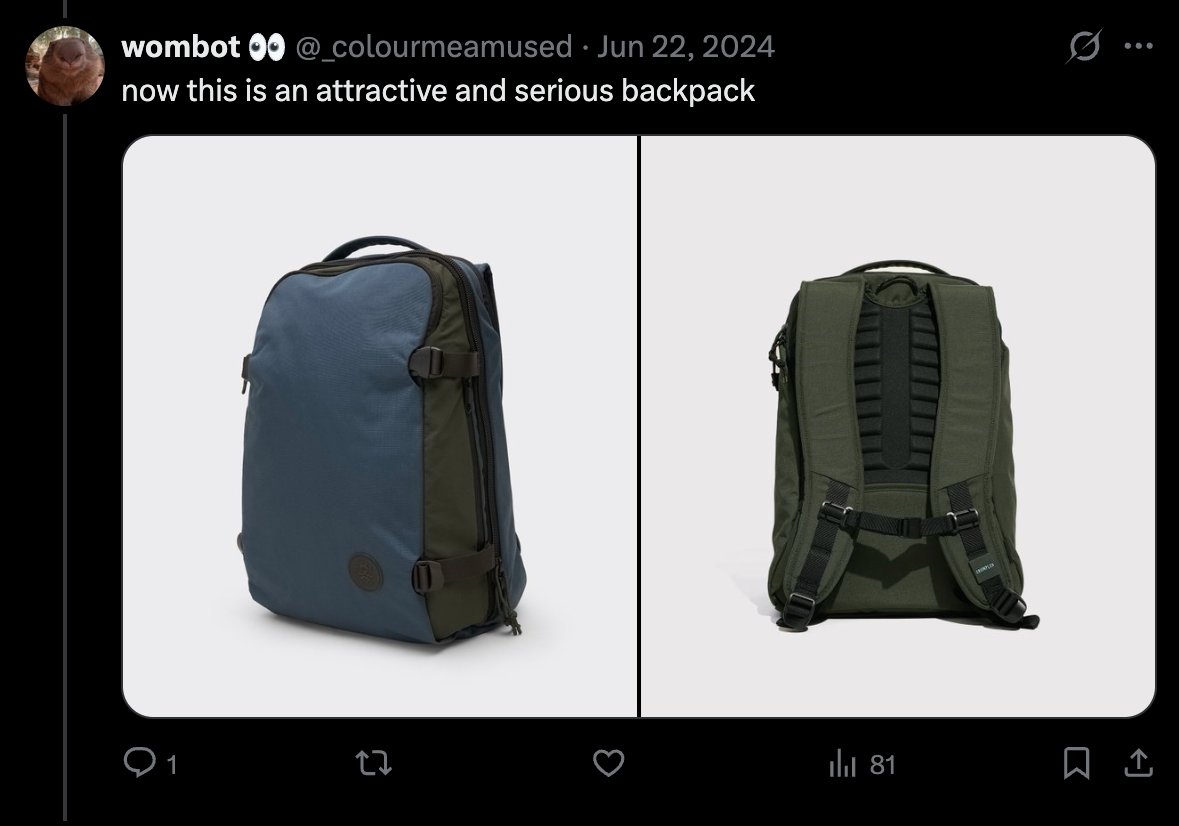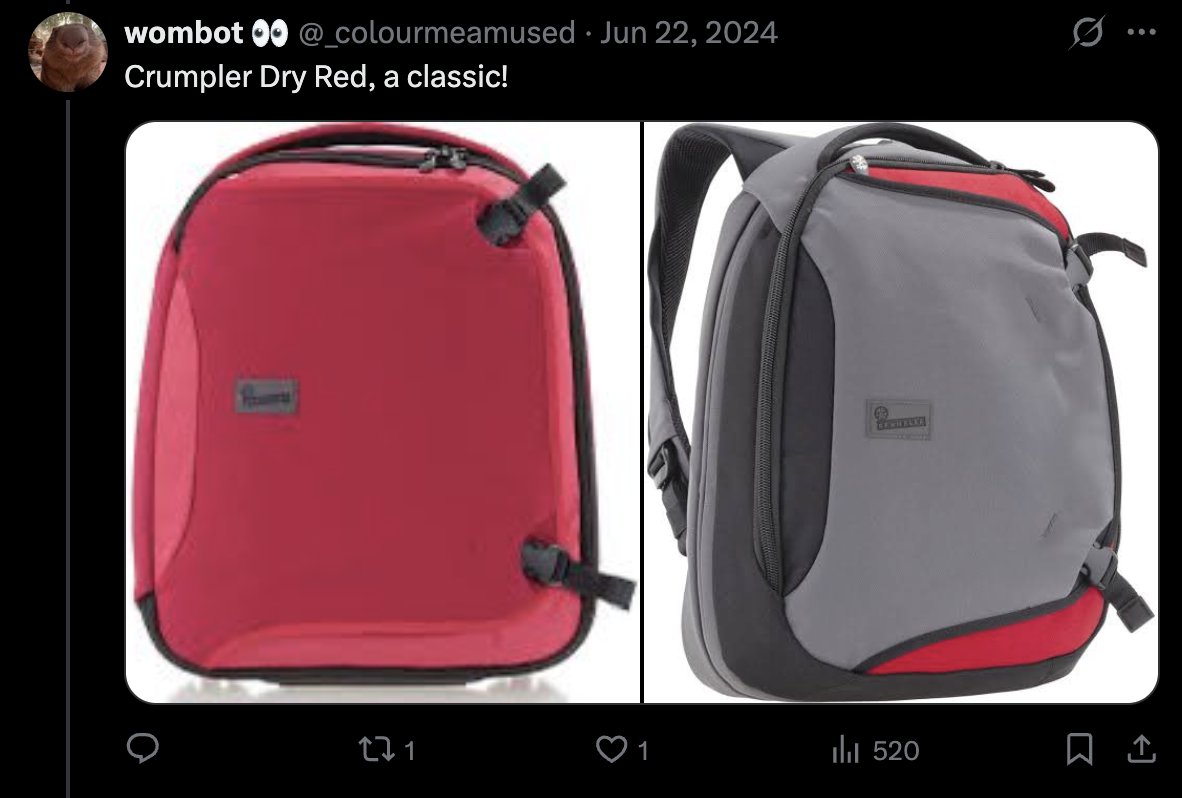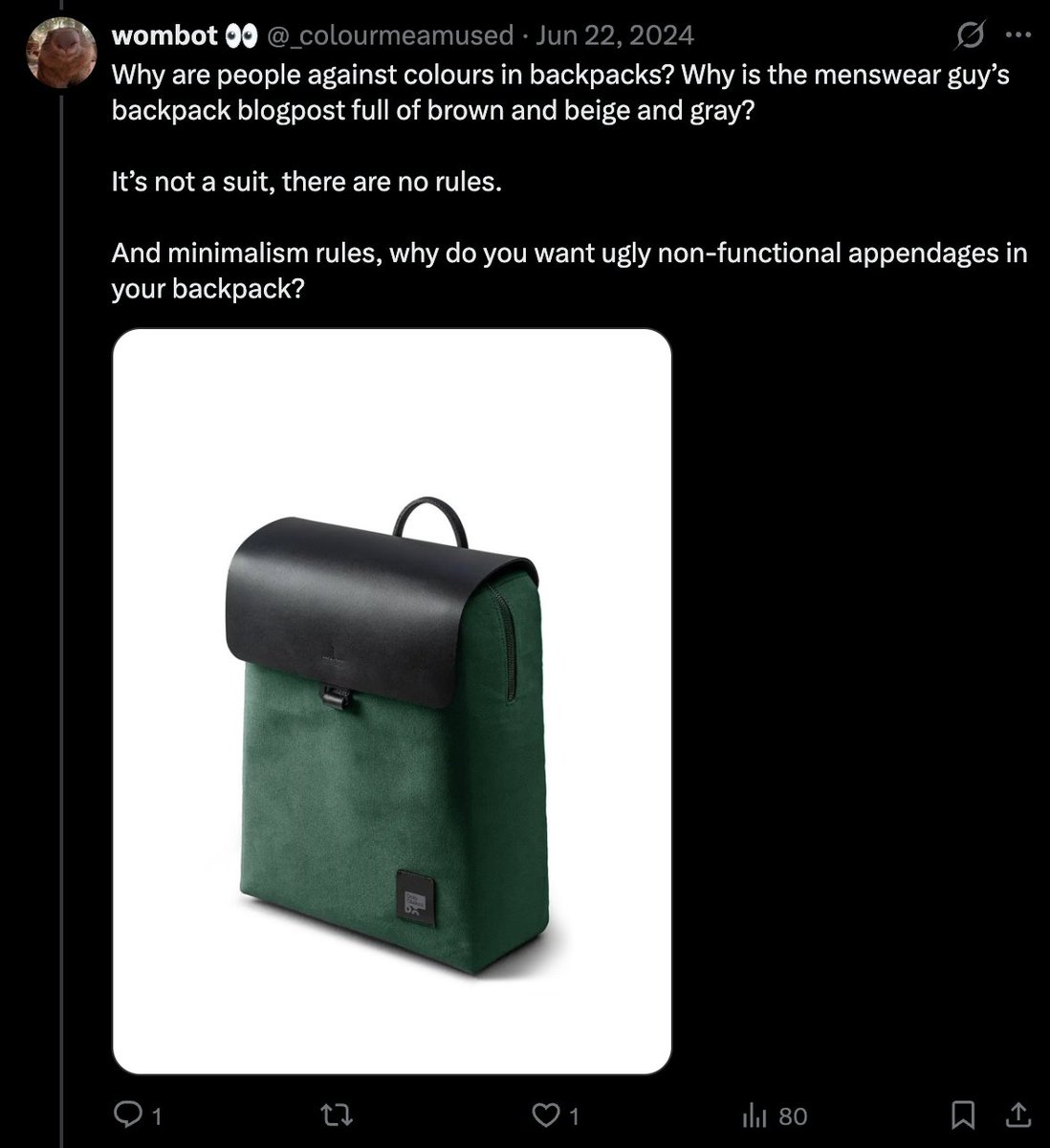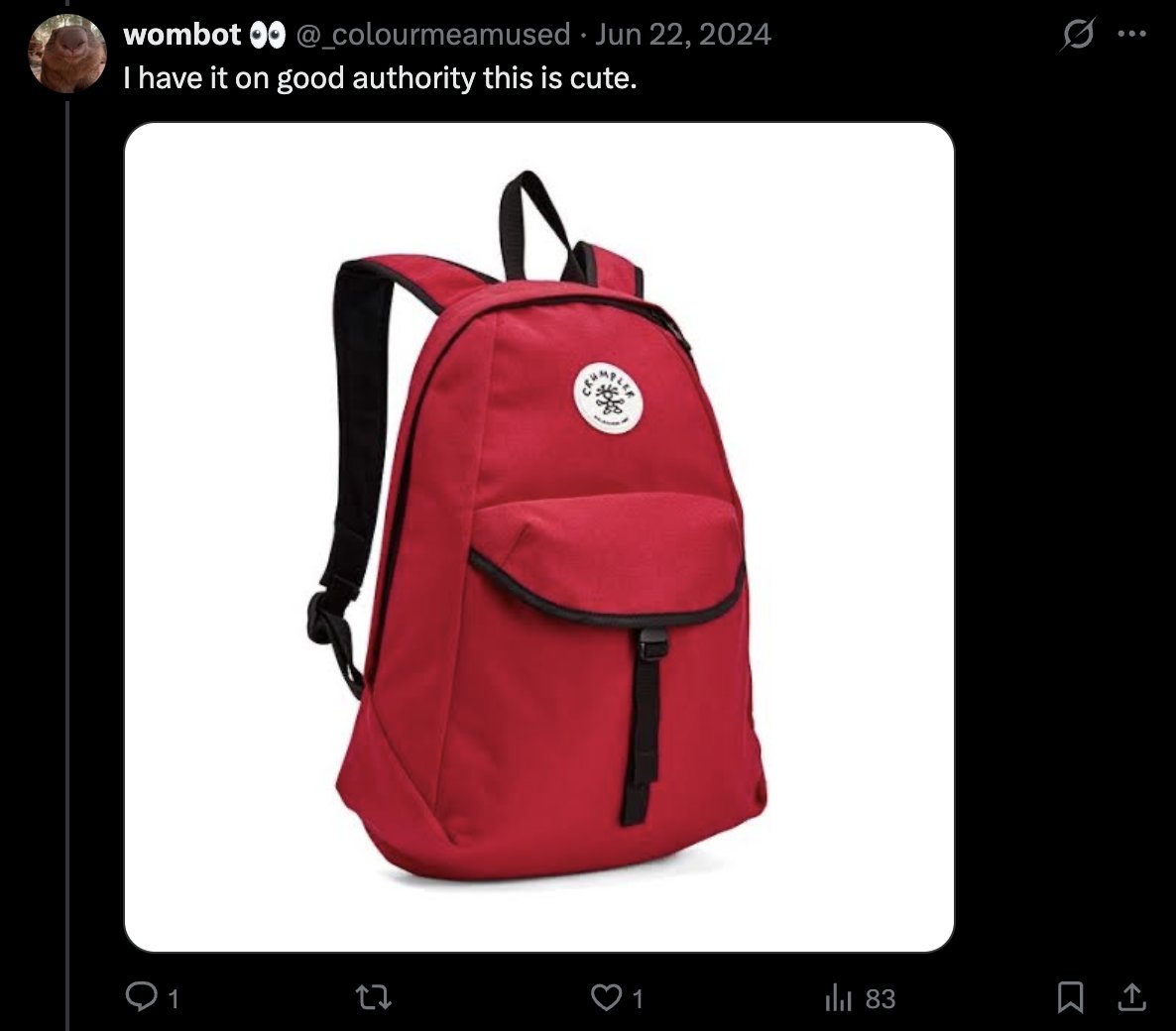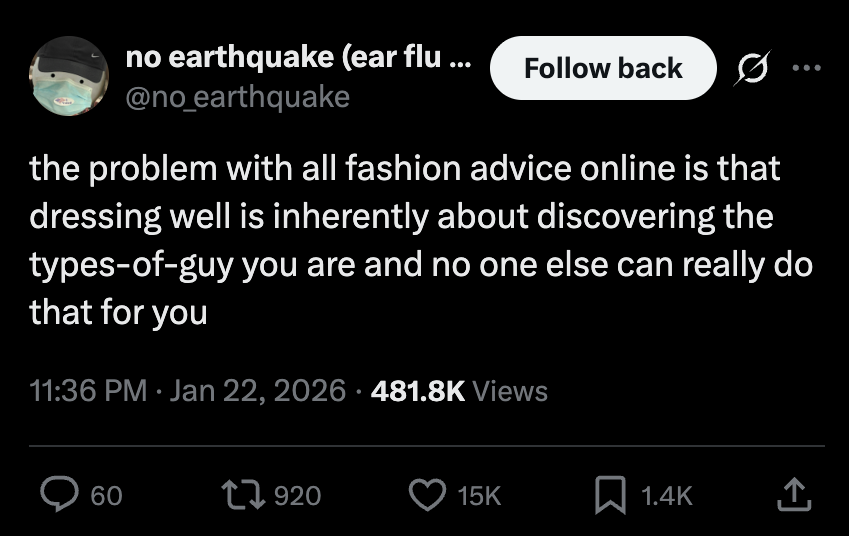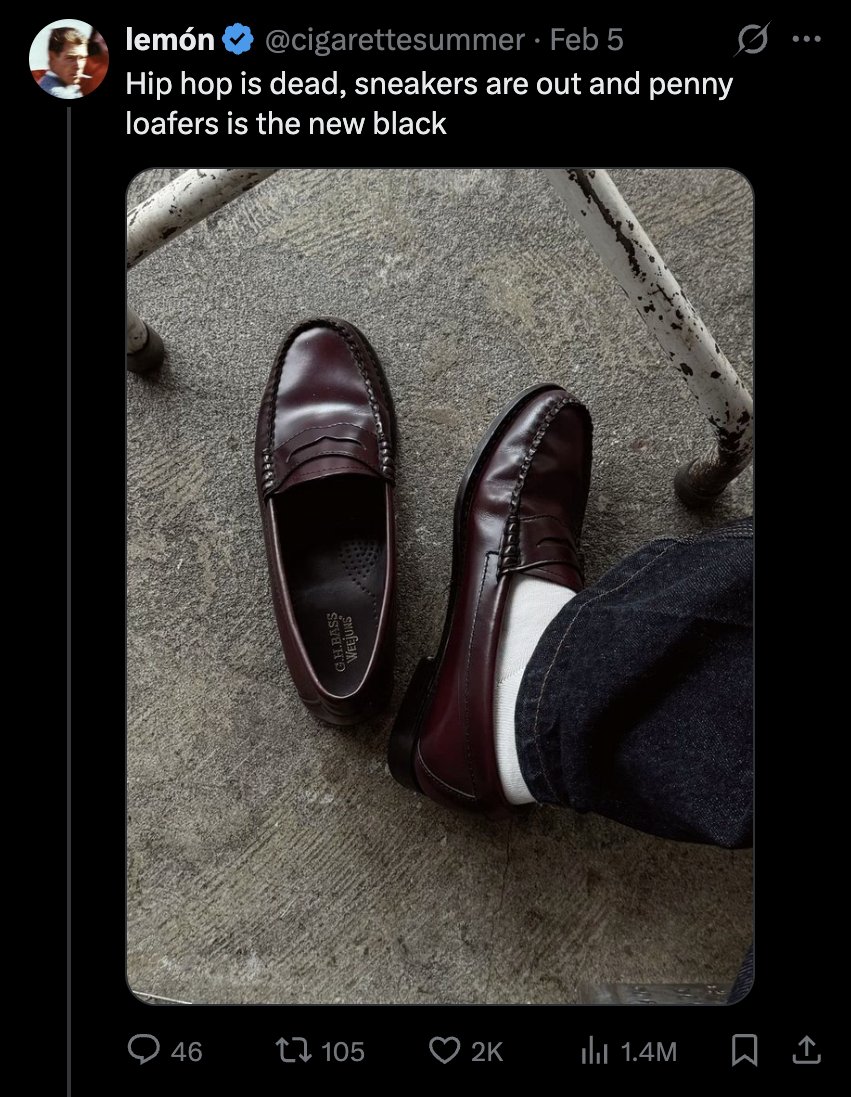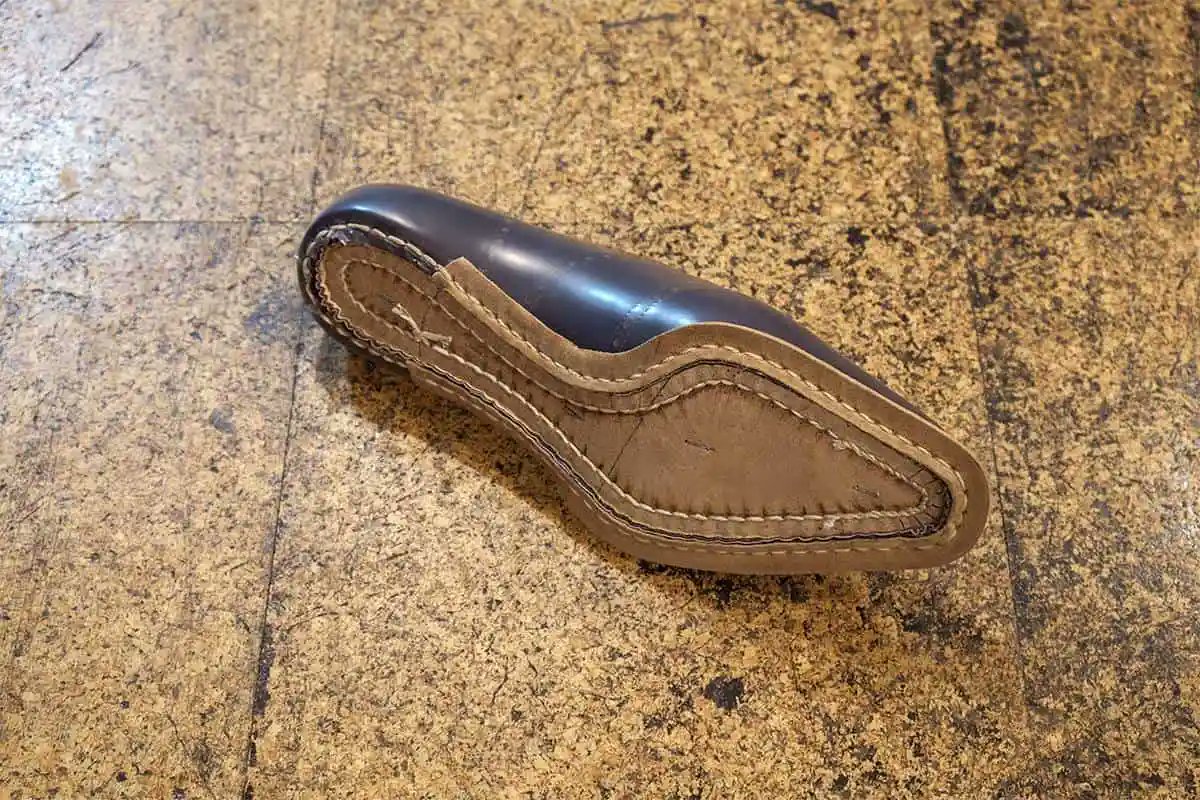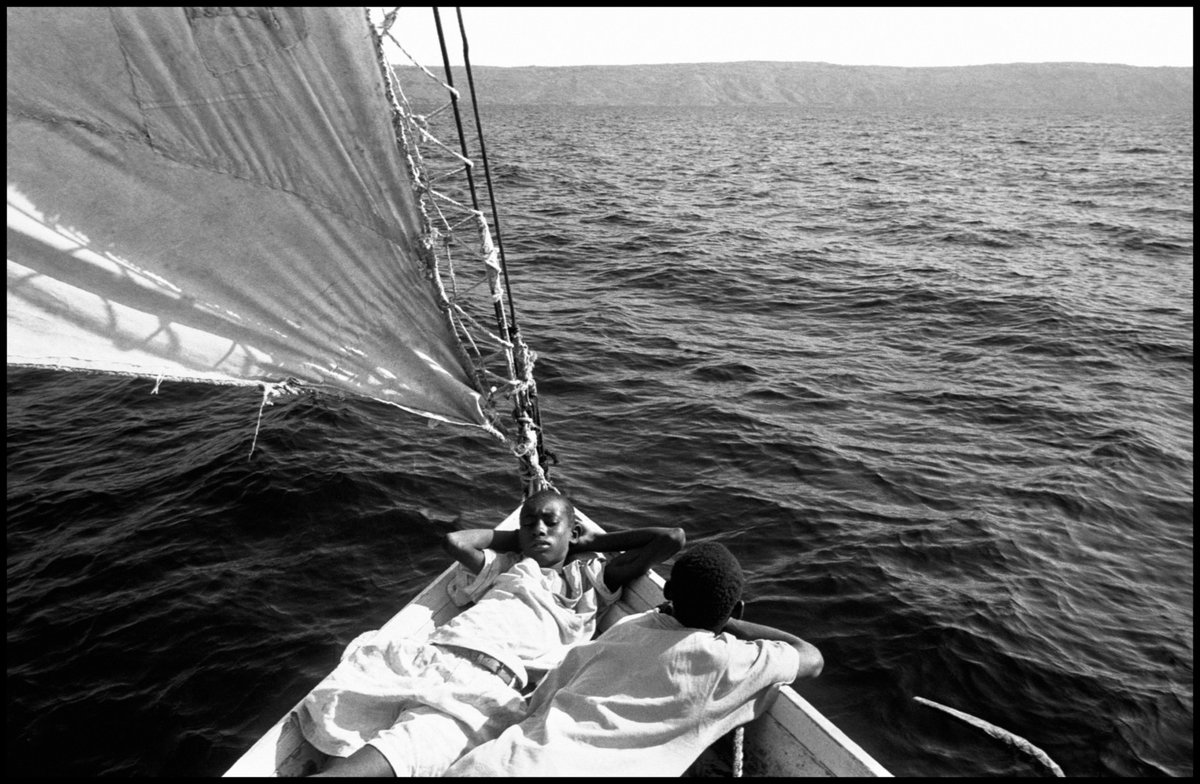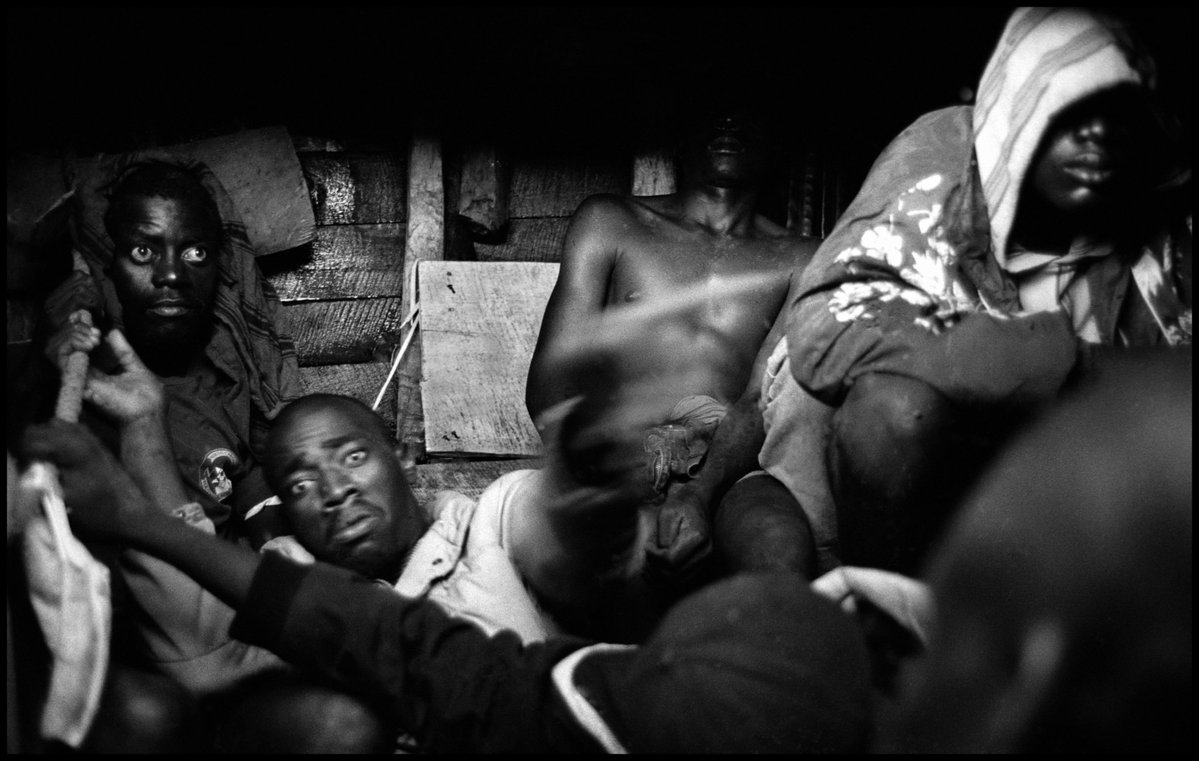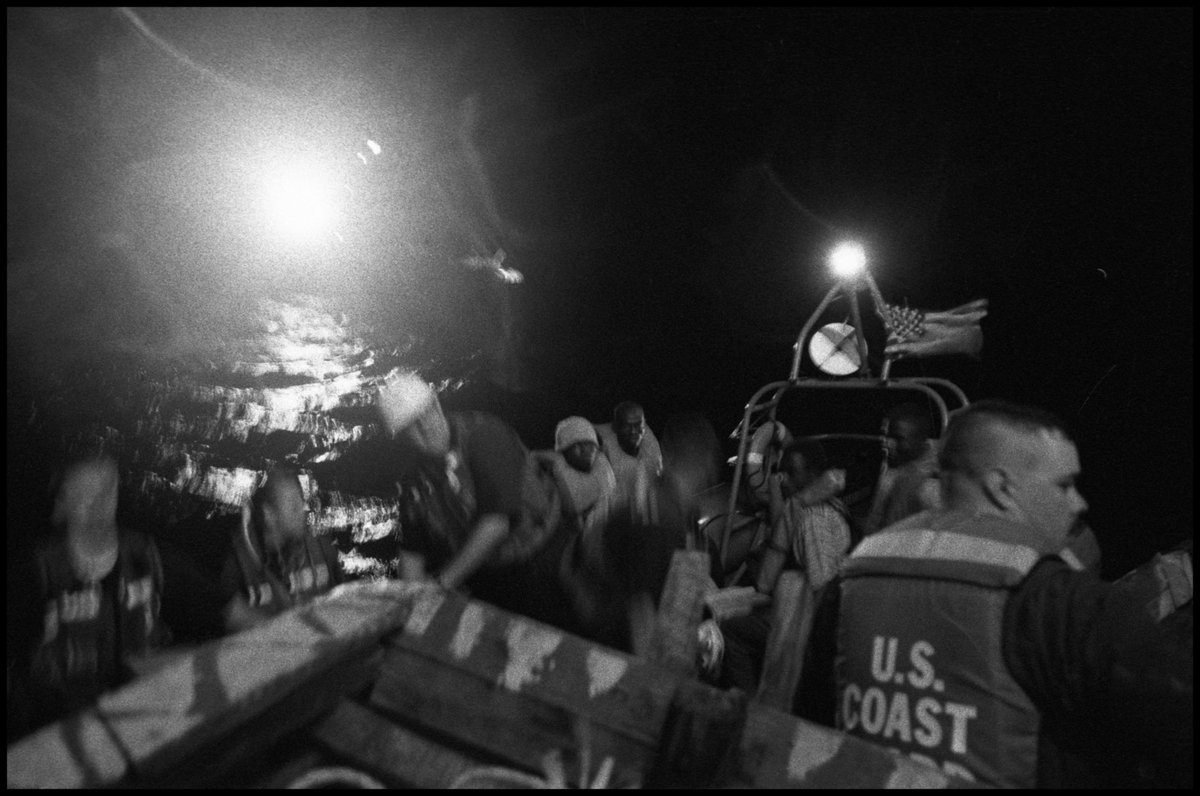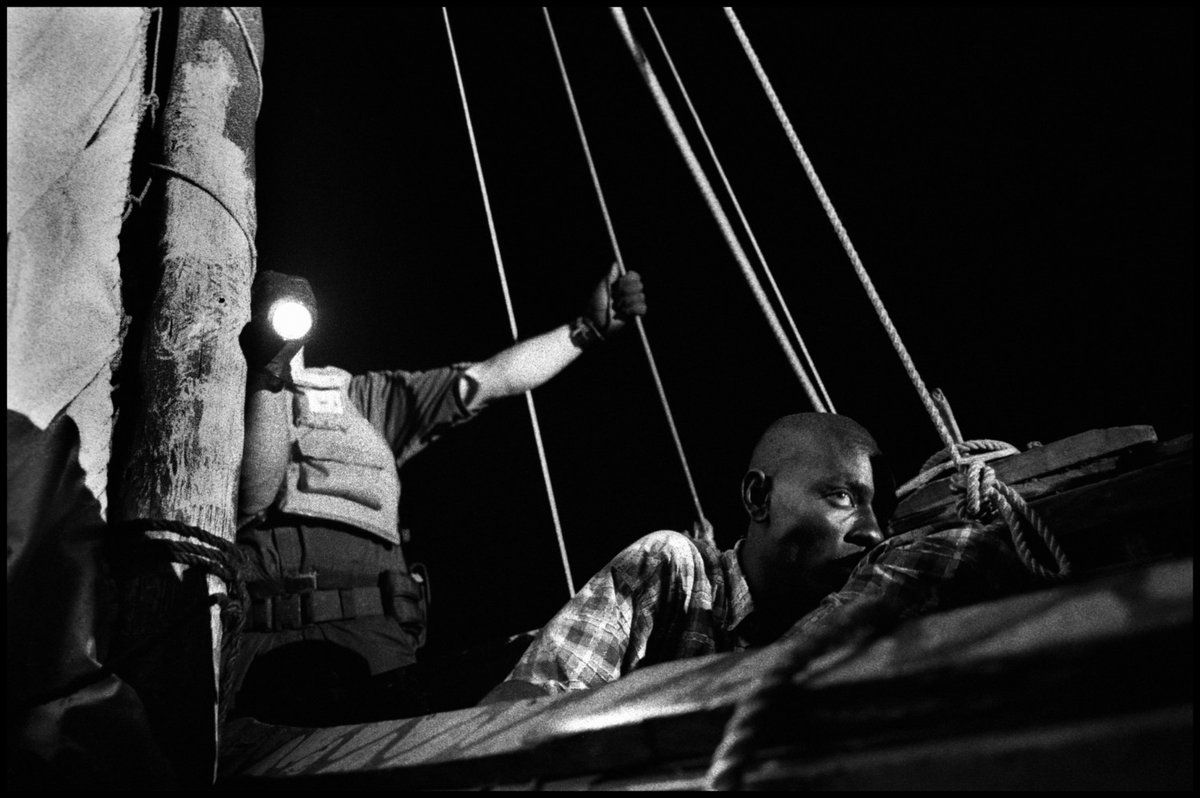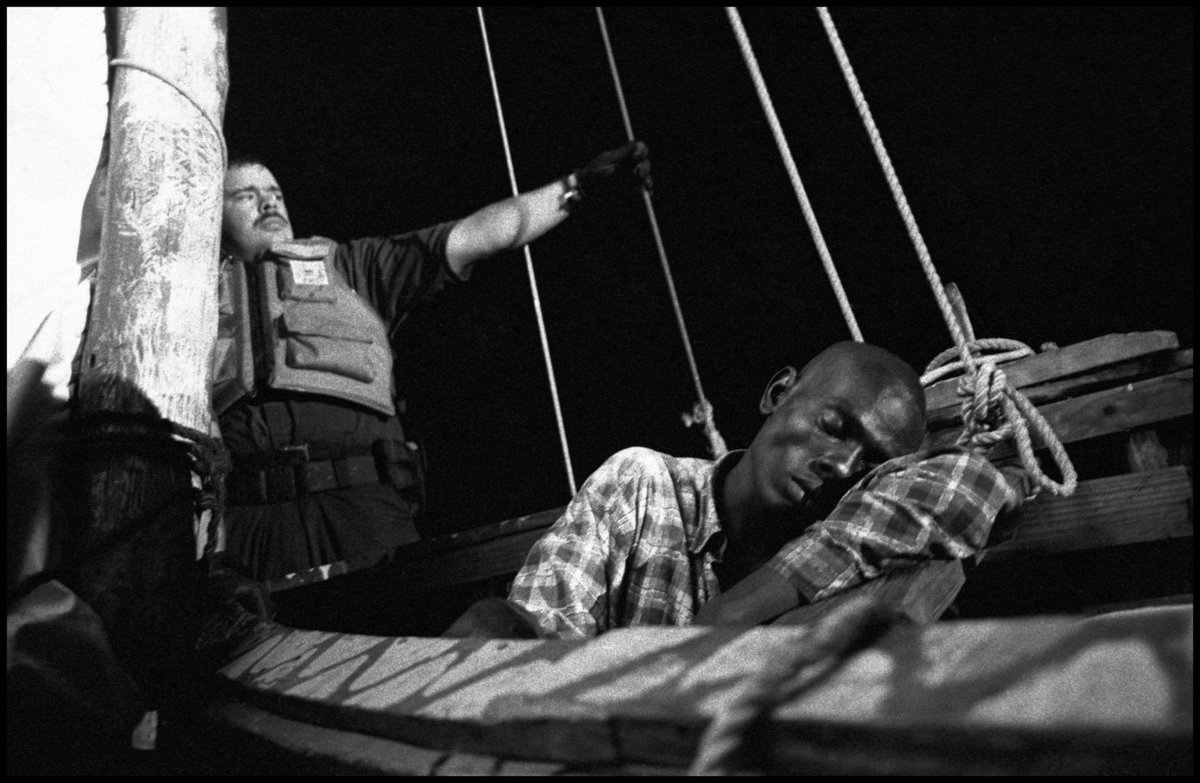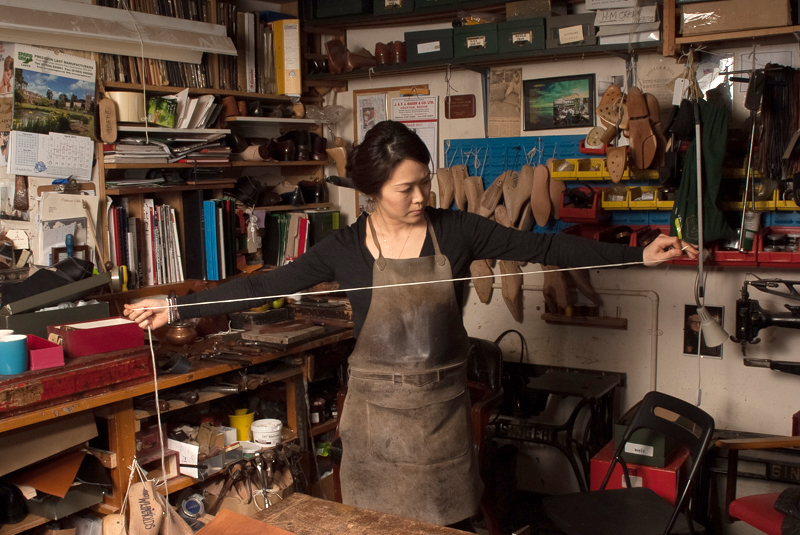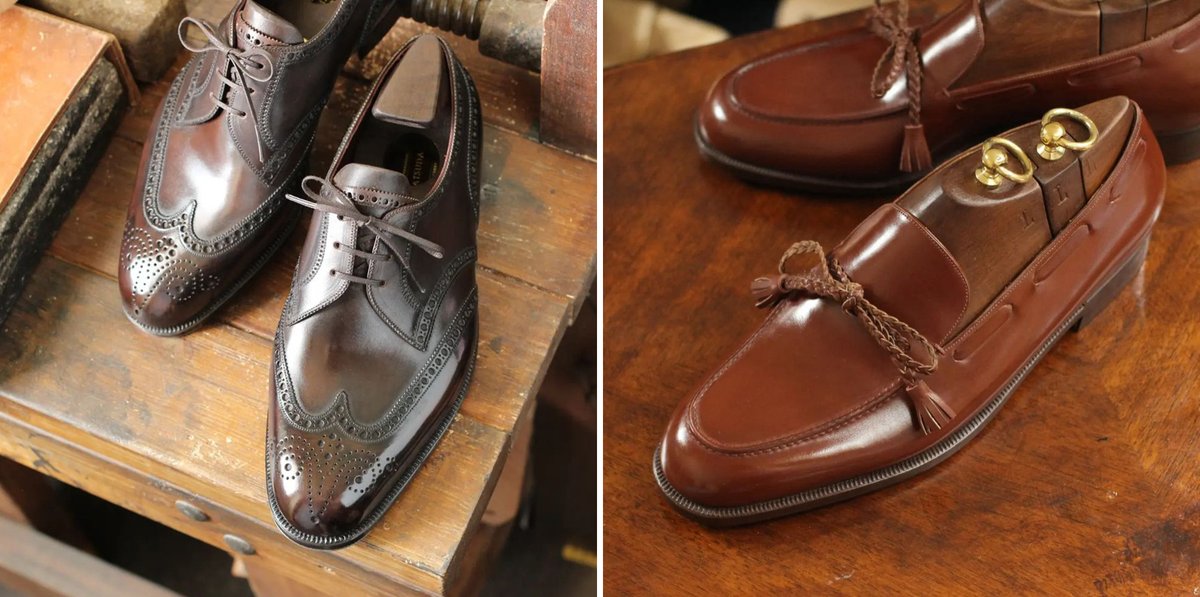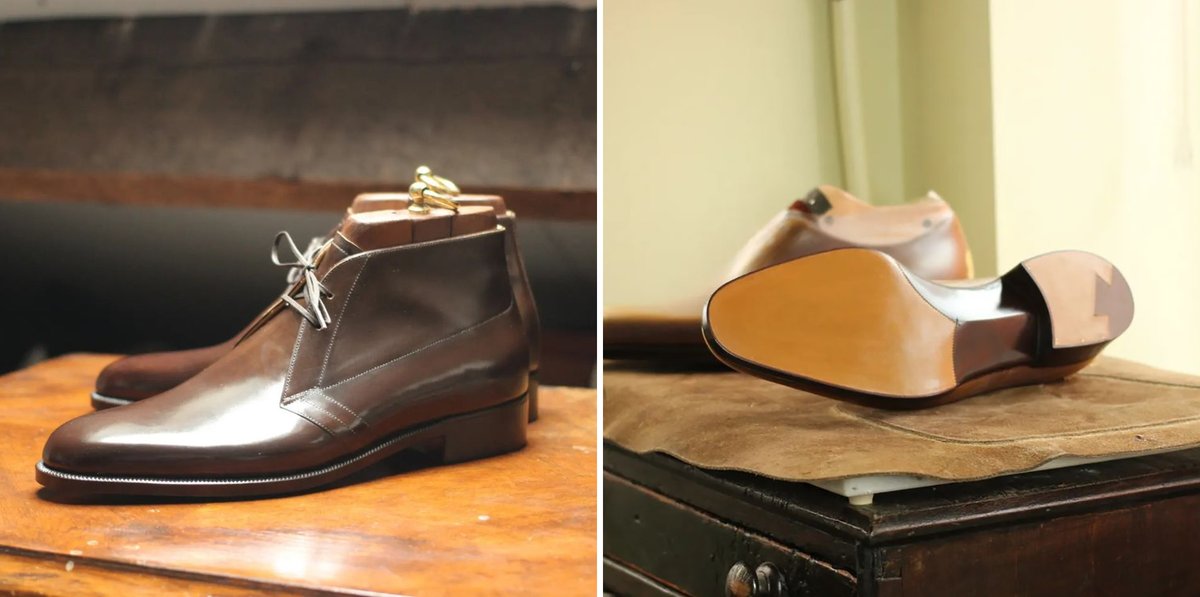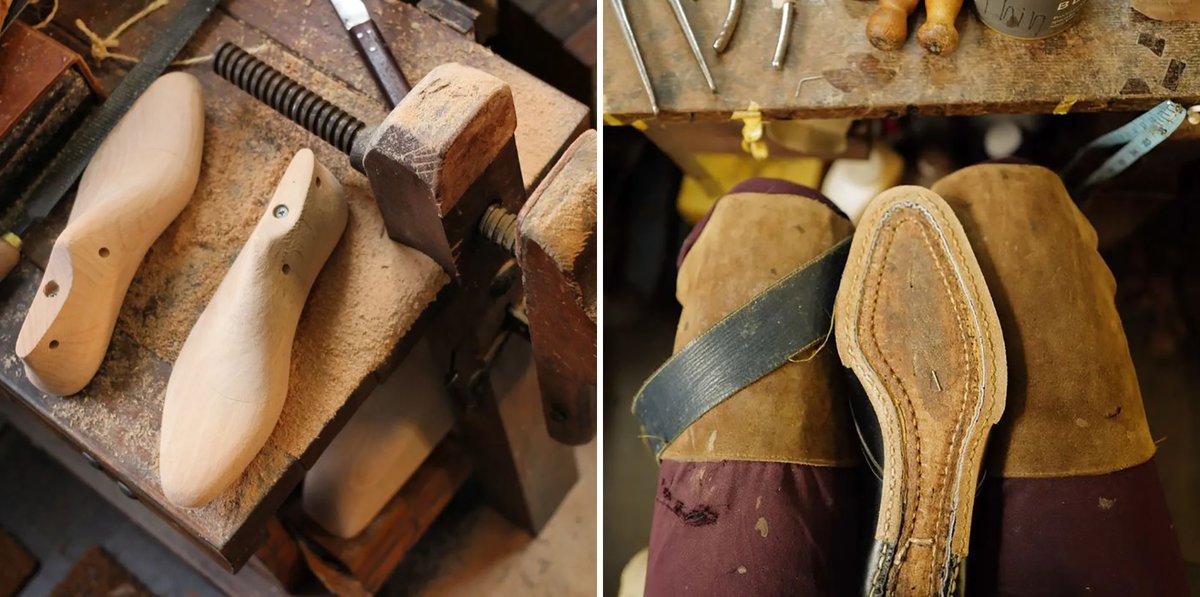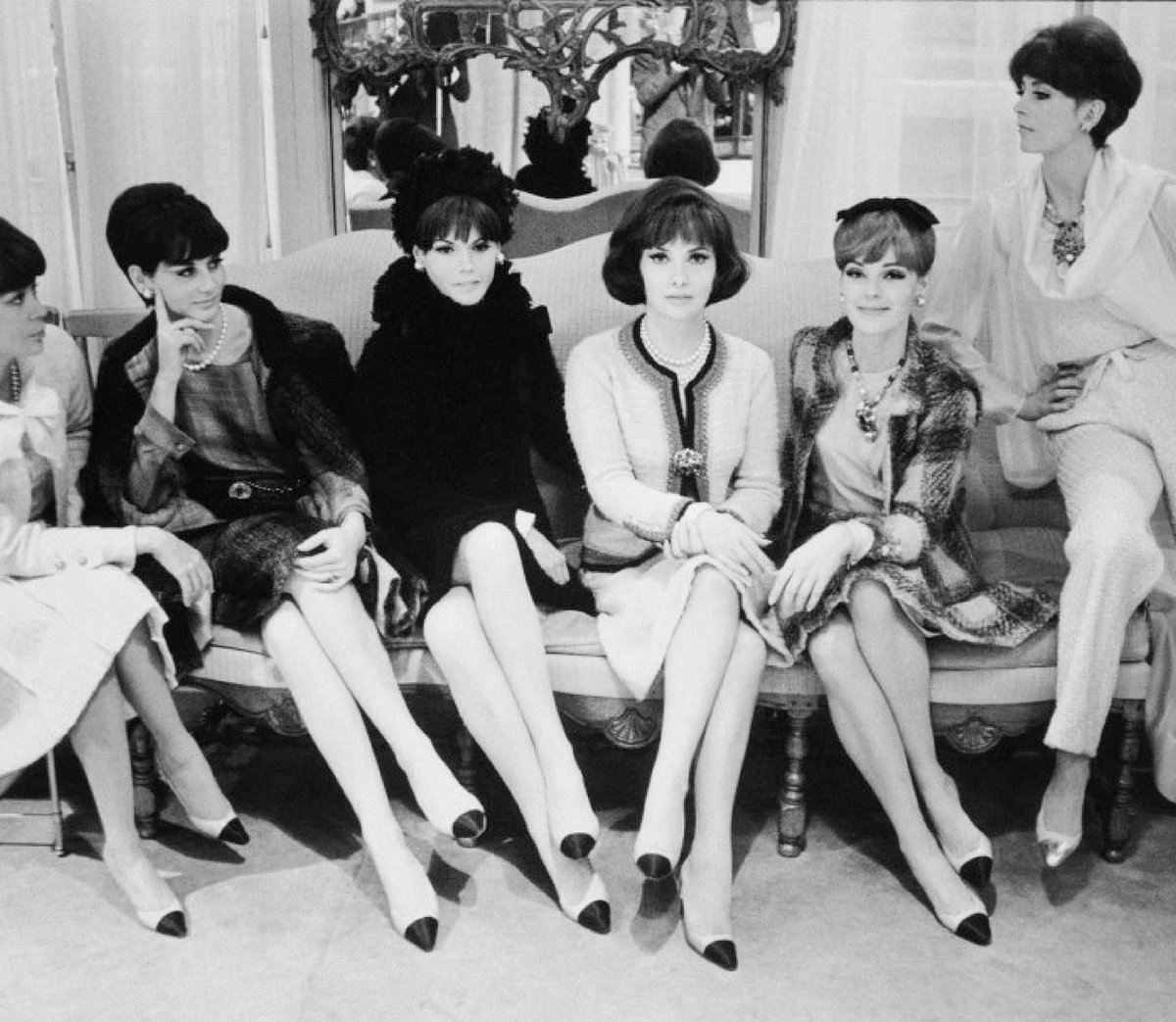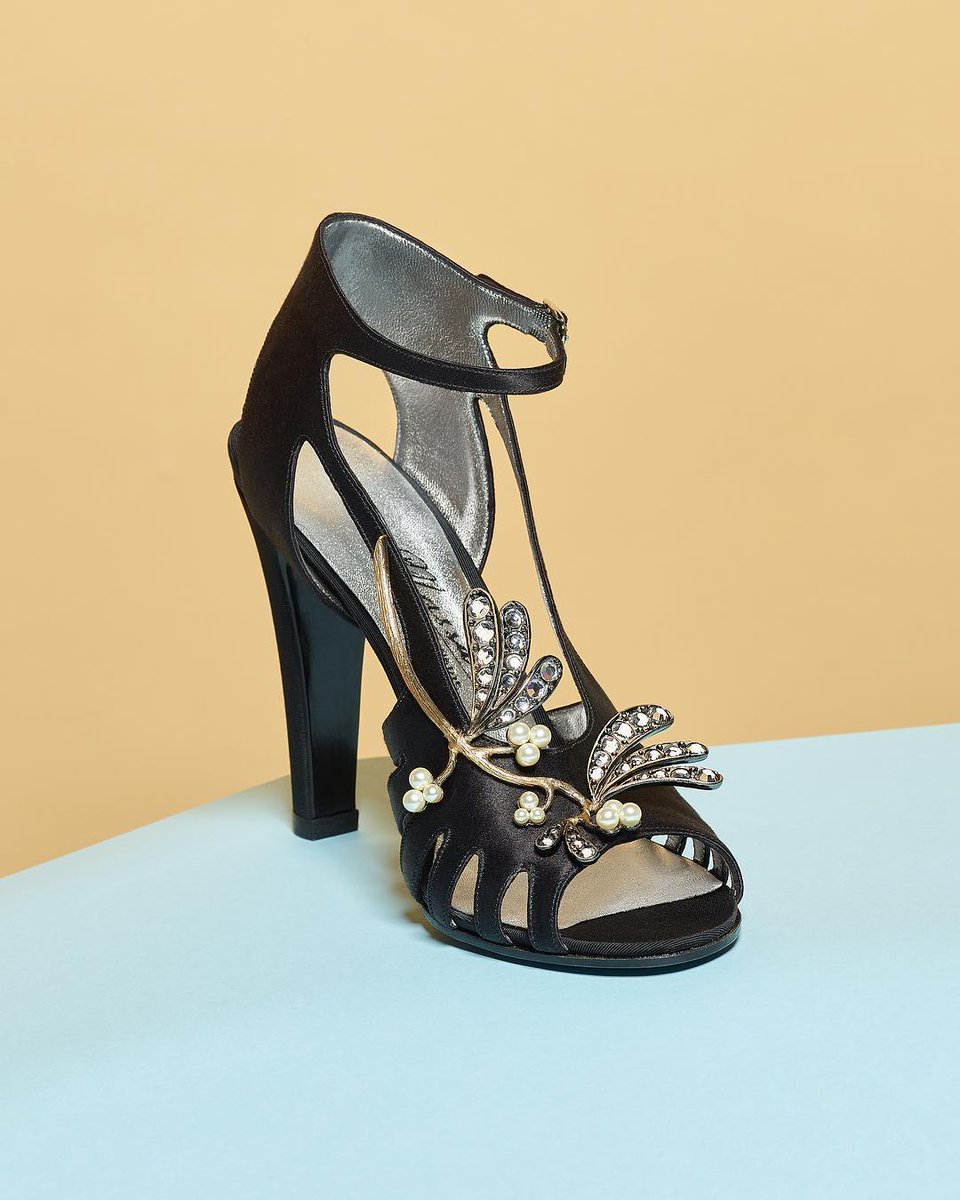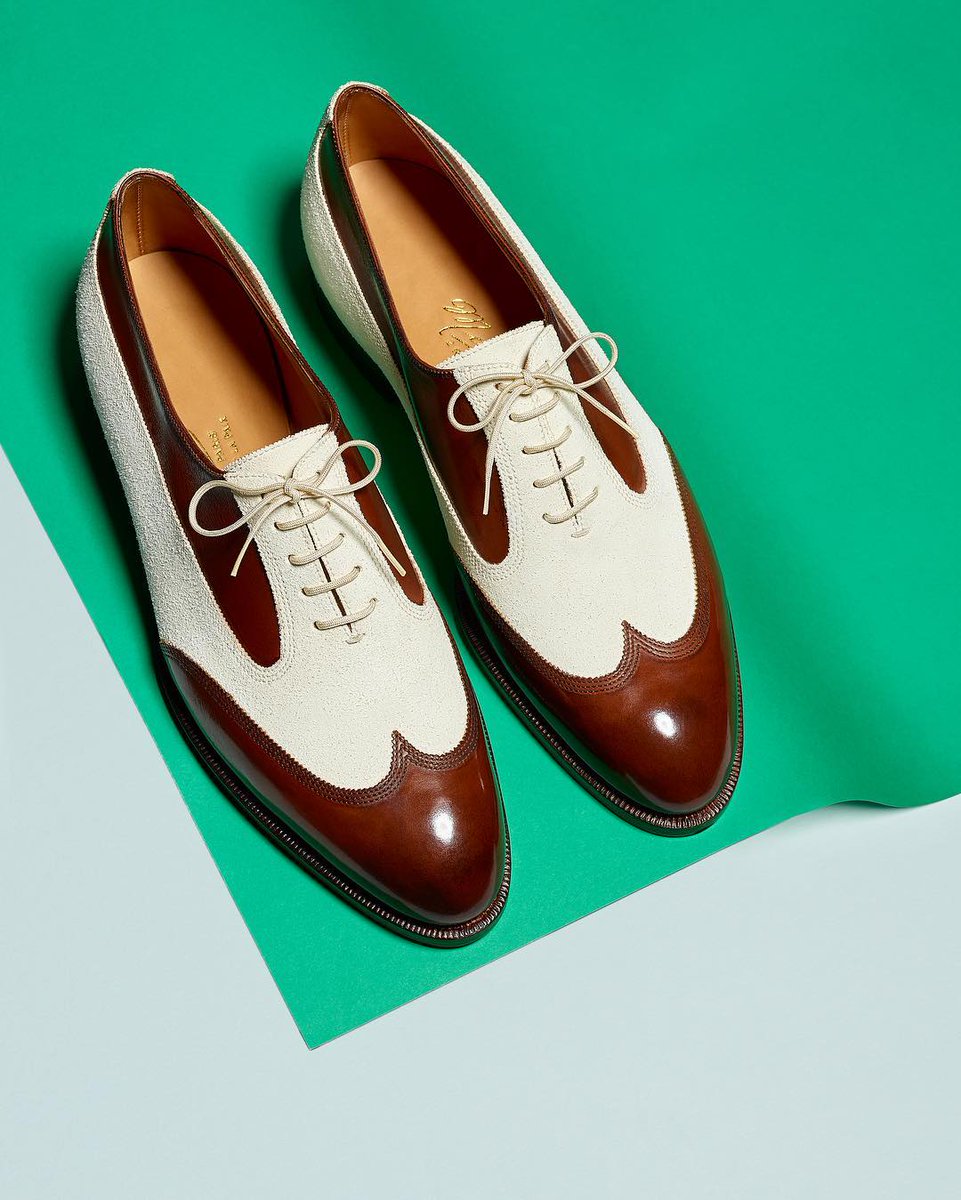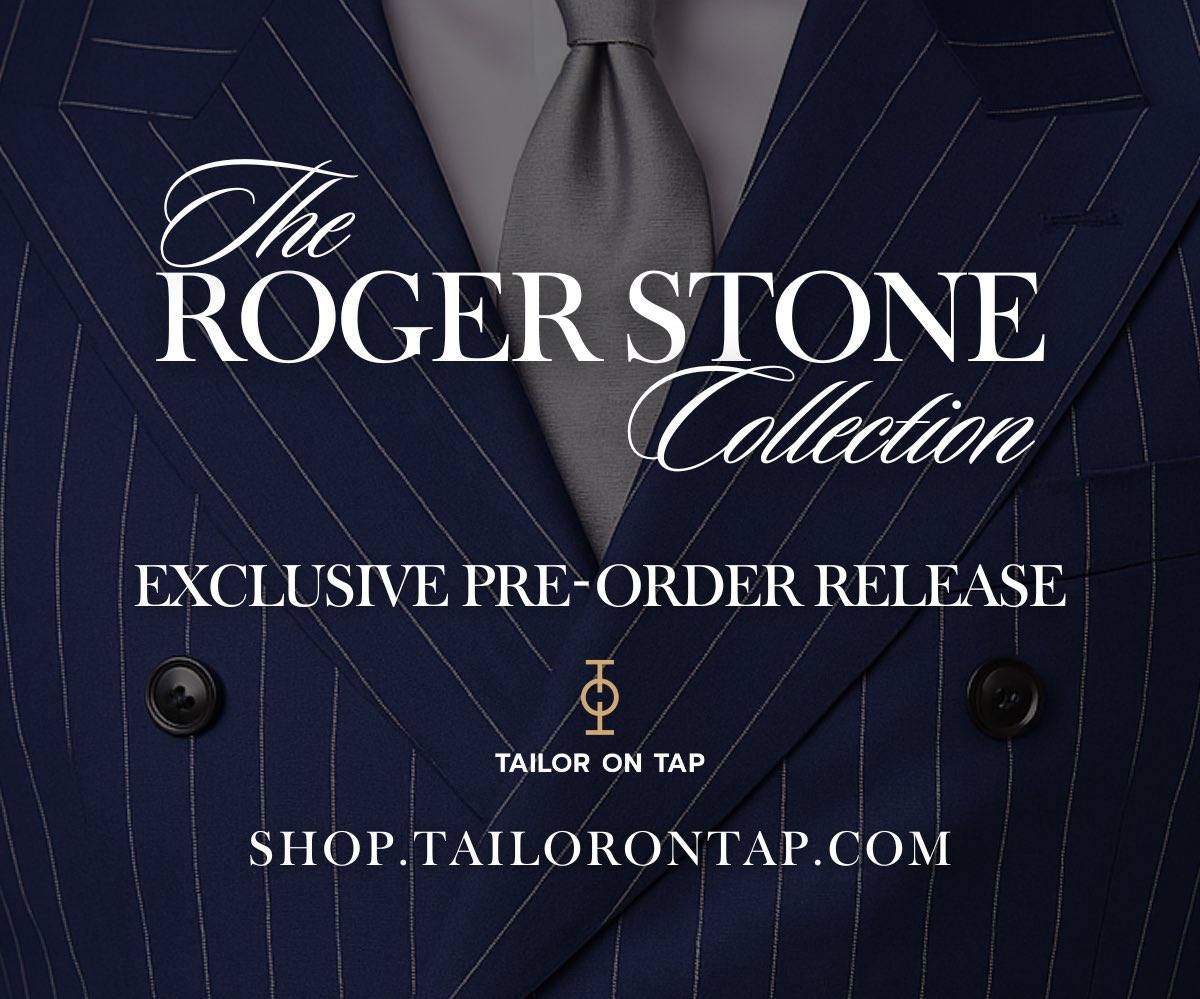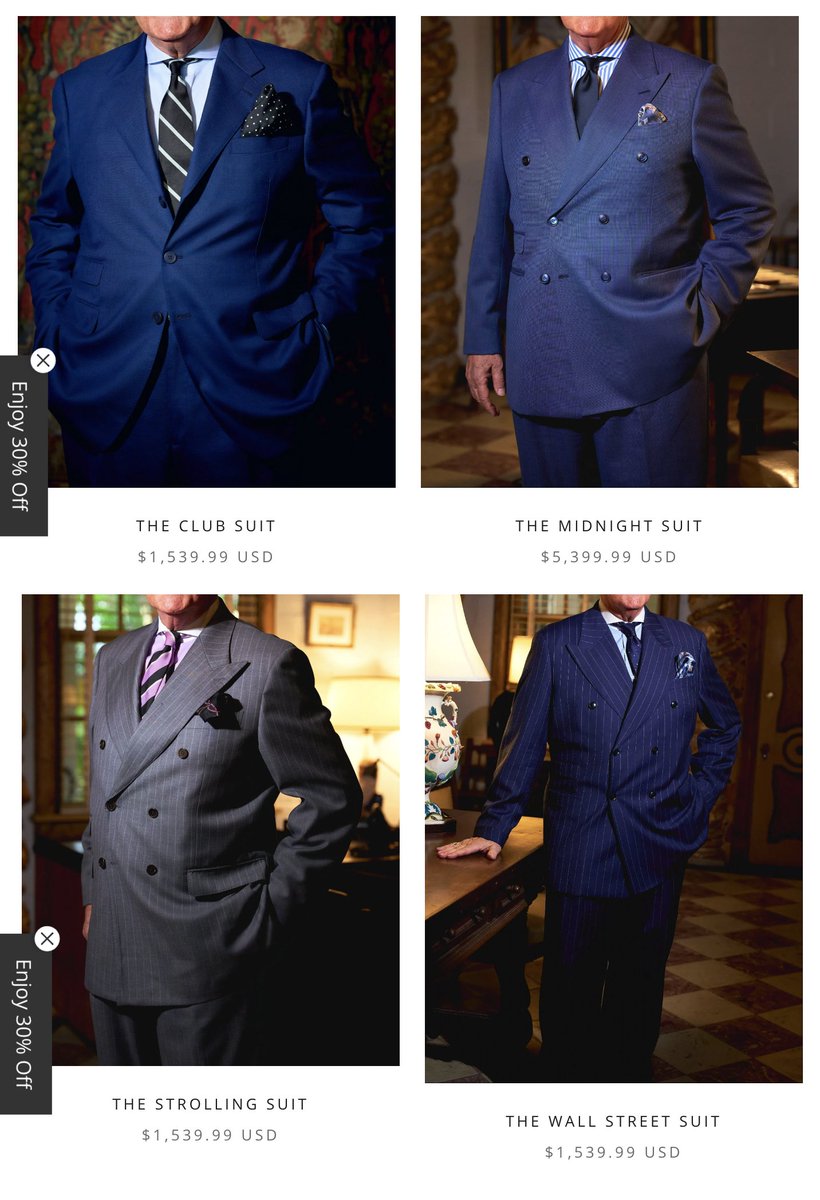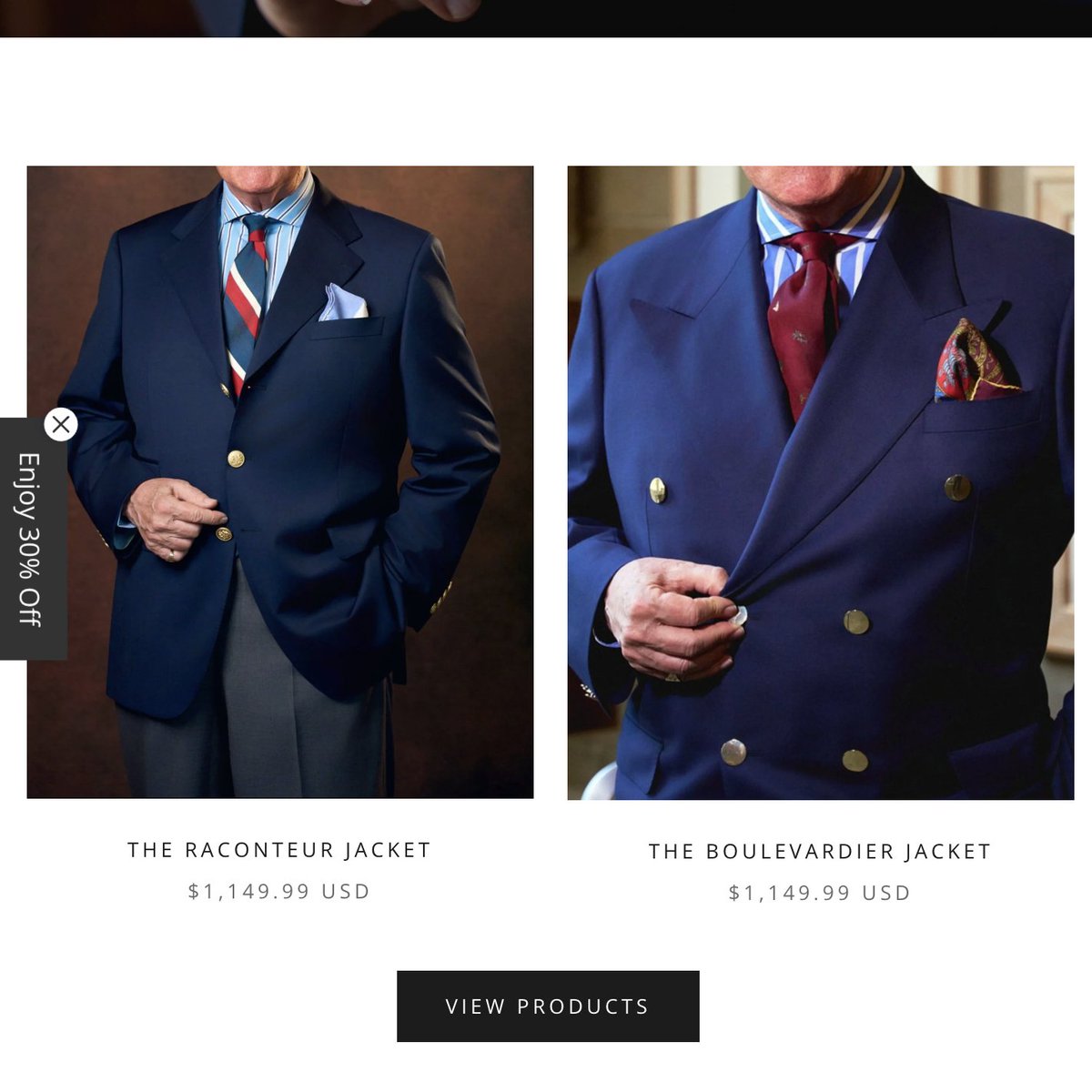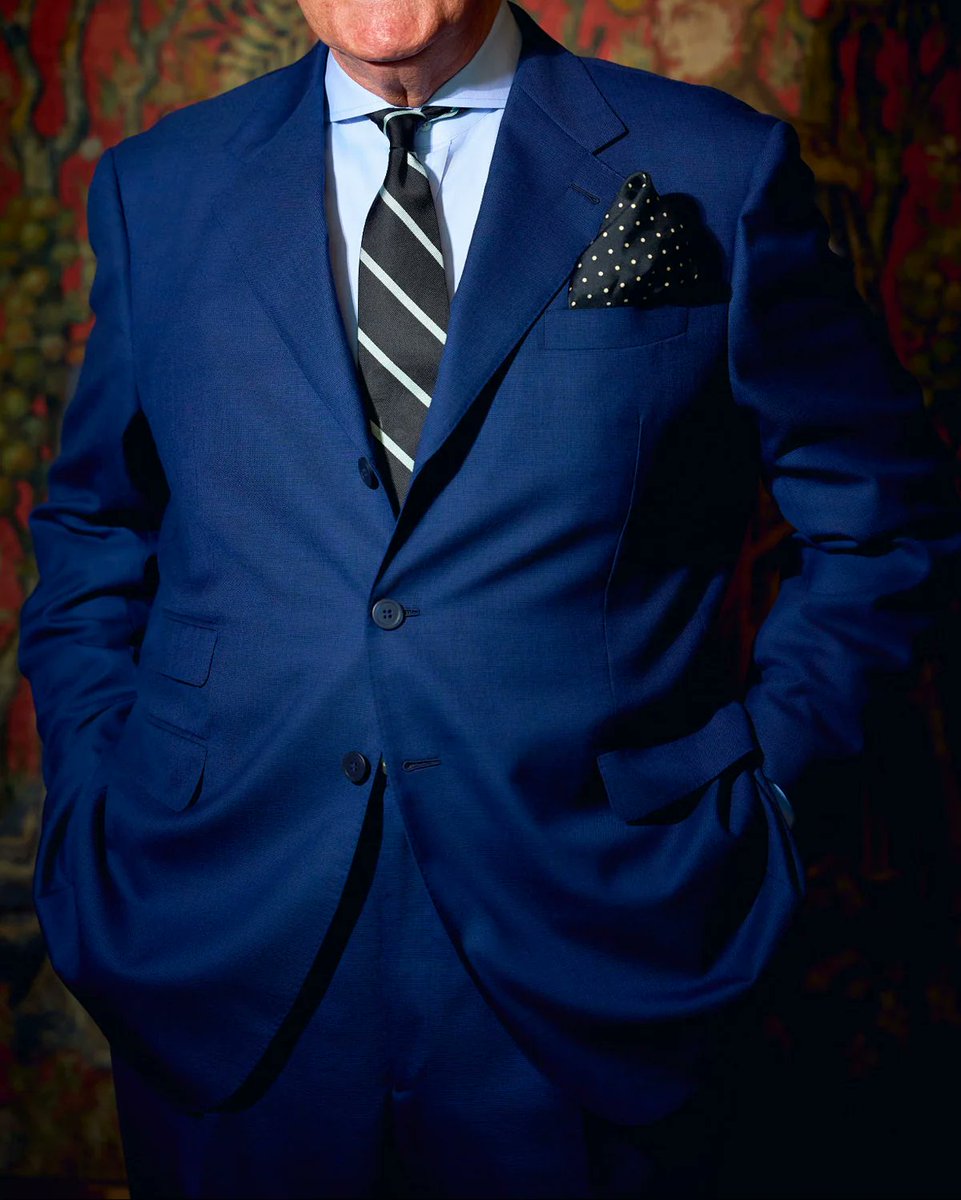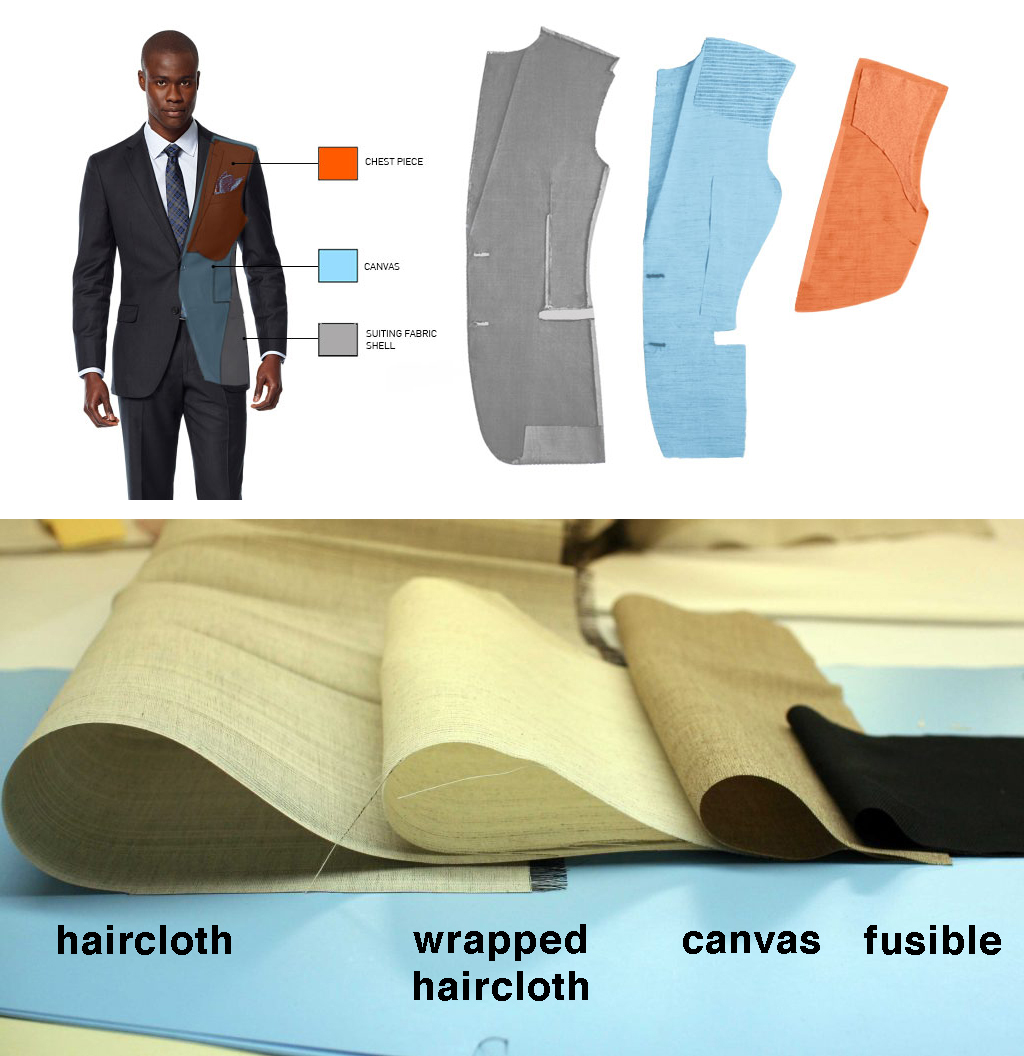Most people would not describe Trump as someone who wears slim-fit clothes. But here, we can see his trousers are quite slim in relationship to his body. You can tell because the hem barely covers the opening of his shoes.




If you're a heavier man who wears a suit with slim-fit trousers, you end up breaking the top and bottom halves into distinct blocks. Notice how much the jacket hangs over the trousers. There's a lot of empty space between the jacket's front edge and his pants.




It's a mistake to think that wearing slim-fit clothes makes you look slimmer. Or that everyone has to conform to some trend. A better approach is to dress for your body type. Look at the relationship between Jackie Gleason's jacket and pants.



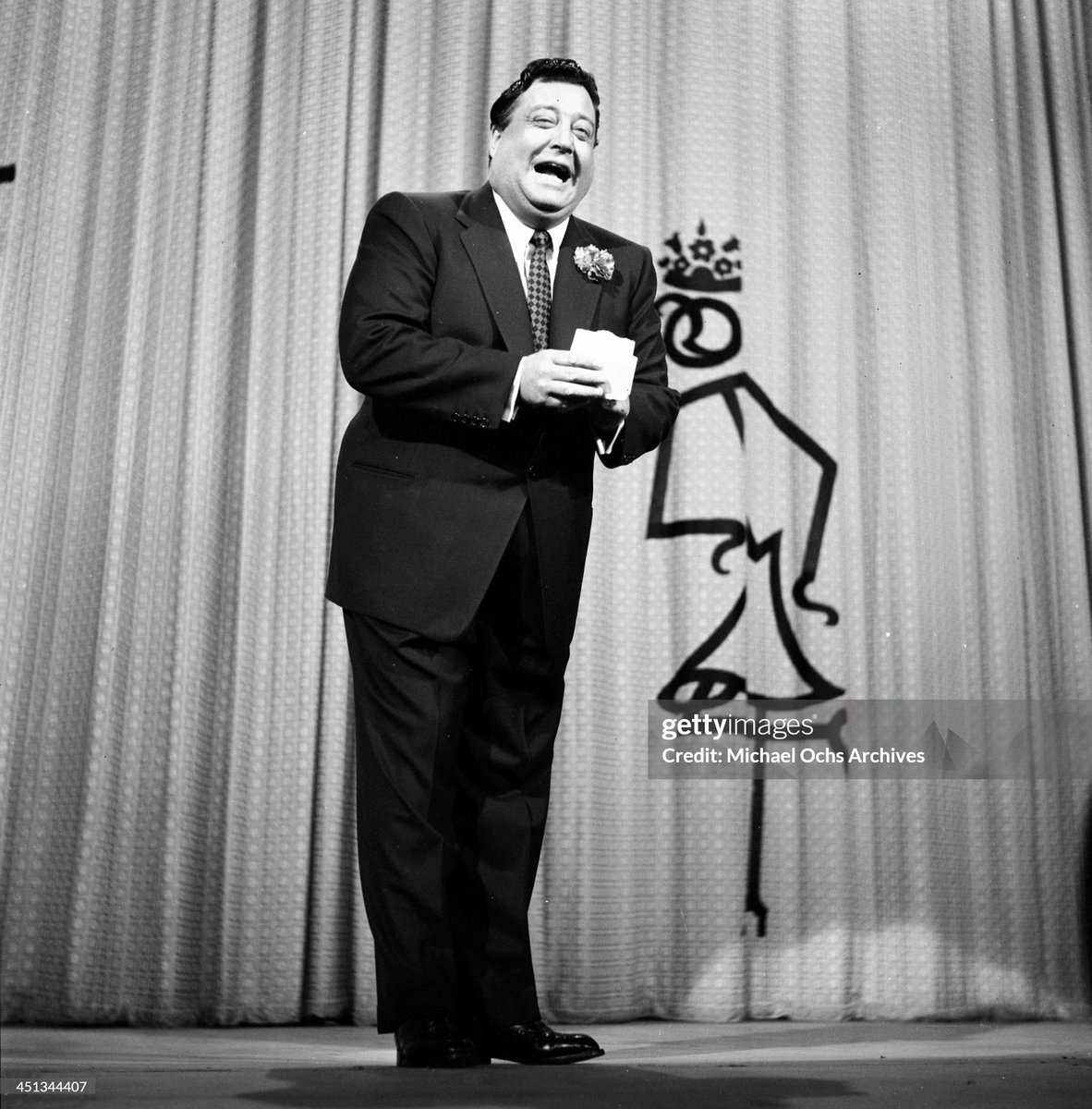
The wider trousers here are not the most fashionable, but they are the most flattering (for him). By minimizing the jacket's overhang and reducing the empty space between its front edge and the trousers, you get a streamlined silhouette from top to bottom.




We see the same effect here on France’s President Hollande and Japan’s Emperor Akihito. Hollande's trousers are too slim for his jacket. As a result, he looks like an egg on sticks. Compare his silhouette to Akihito, where the jacket and pants flow and form a harmonious whole. 
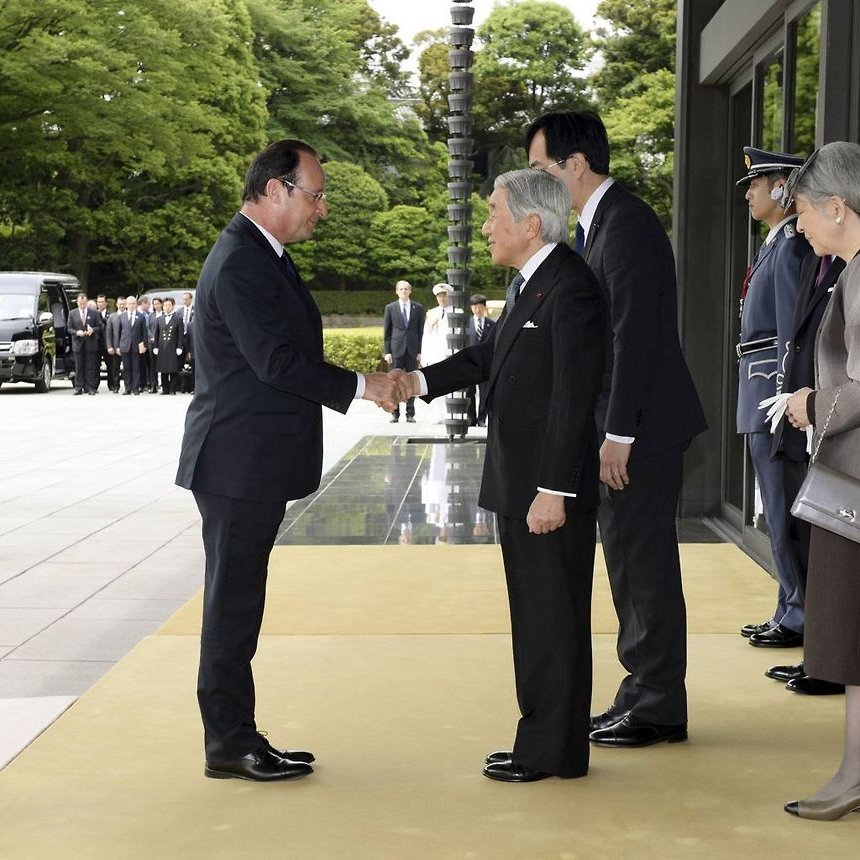
Such advice is not limited to men with heavier figures. Daniel Craig often wears suits that also don't flow. The top and bottom halves often form distinct blocks. This is partly because his trousers are too slim and his jackets are too short.




When you see beautifully dressed men, consider how the top and bottom halves form a silhouette. They don't always need to flow (in some casual styles, breaking up these parts can be intentional and part of an aesthetic). But in tailoring, it's often best when there is flow.




• • •
Missing some Tweet in this thread? You can try to
force a refresh



